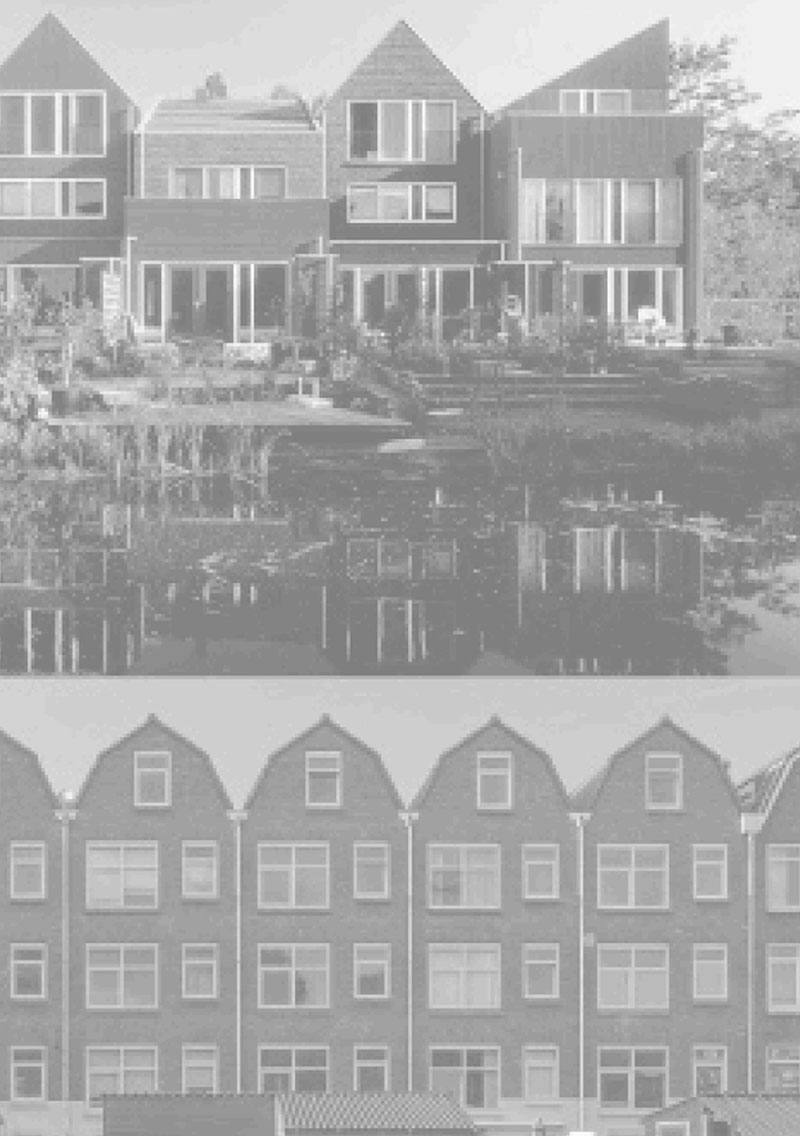Downloads
DOI:
https://doi.org/10.7480/rius.5.3985Abstract
This chapter briefly reflects on European social housing models and mainly discusses opportunities for housing cooperatives in the Dutch housing system. Since the introduction of the new Housing Act in 2015 in the Netherlands, there are legal opportunities for social housing tenants to form cooperatives. However, in practice, this does not happen a lot yet. From our analysis of the Dutch housing systems it is concluded that it is unlikely that it will take place on a larger scale, among others due to a lack of tradition (path dependency) and support from housing corporations – the main owners of social housing in the Netherlands.
How to Cite
Published
Issue
Section
License
Copyright (c) 2019 Vincent Gruis

This work is licensed under a Creative Commons Attribution 4.0 International License.
References
Boelhouwer, P., & Van der Heijden, H. (1993). Housing Policy in Seven European Countries: the Role of Politics in Housing. Netherlands Journal of Housing and the Built Environment, 8(4), 383-404.
Boelhouwer, P. (ed.) (1997). Financing the social rented sector in Western Europe. Delft: Delft University Press.
Bortel, G. van, Gruis, V., Nieuwenhuijzen, J. & Pluijmers B. (Eds.) (2018). Affordable Housing Governance and Finance: Innovations, partnerships and comparative perspectives. Routledge
Brava, M. & Palvarini, P. (2013). Social Housing in the EU, European Parliament, Directorate General for Internal Policies, Policy Department A: Economic and Scientific Policy.
CECODHAS Housing Europe and ICA Housing (2012). Profiles of a Movement: Co-operative Housing around the World.
Czischke, D., & Van Bortel, G. (2018). An exploration of concepts and polices on ‘affordable housing’ in England, Italy, Poland and The Netherlands. Journal of Housing and the Built Environment, 1-21.
Droste, C. (2015). German co-housing: an opportunity for municipalities to foster socially inclusive urban development?, Urban Research & Practice 8 (1), 79-92.
Duivensteijn, A. (2013). De Wooncoöperatie: Op weg naar een zichzelf organiserende samenleving [The housing cooperative: the way towards a self-organising society] http://www.gemeenschappelijkwonen.nl/doc/wooncooperatie/2013-03%20De%20Wooncooperatie%20-%20Op%20weg%20naar%20een%20zichzelf%20organiserende%20samenleving%20-%20Adri%20Duivensteijn.pdf
Fromm, D. (2012). Seeding Community: Collaborative Housing as a Strategy for Social and Neighborhood Repair. Built Environment, 38 (3), 364-394.
Hoekstra, J. (2010). Divergence in European welfare and housing systems [PhD thesis]. Delft: Delft University Press.
Krokfors , K. (2012). Co-Housing in the Making. Built Environment, 38 (3), 309-314. Large European Cities (2013). Resolution for Social Housing in Europe.
Ministry of VROM (1989). Volkshuisvesting in de jaren negentig [Memorandum on Housing in the Nineties]. The Hague: SDU Uitgeverij.




